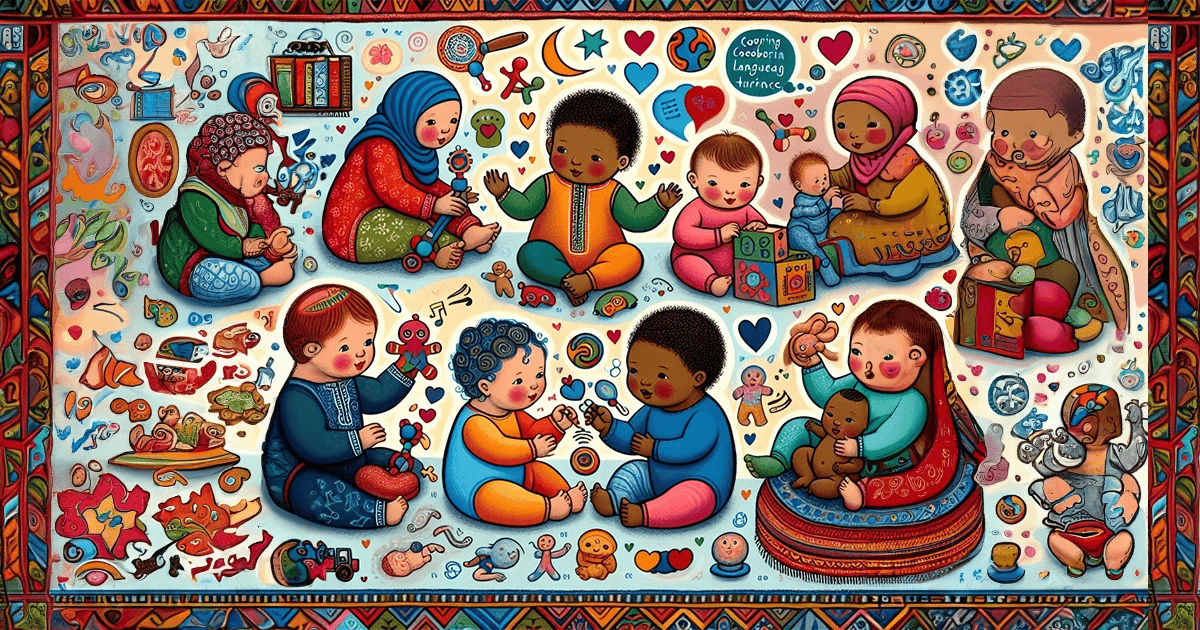Teamwork Makes the Dream Work: Social Skills in Youth Programs
In today's fast-paced world, where technology often takes the front seat in our daily interactions, the fundamental essence of face-to-face communication and teamwork can get overshadowed. However, the power of play and interaction, especially among children, remains an irreplaceable factor in their holistic development. This blog delves into how social interaction programs play a pivotal role in shaping the communication and teamwork skills of our younger generation, skills that are indispensable not only in their…


